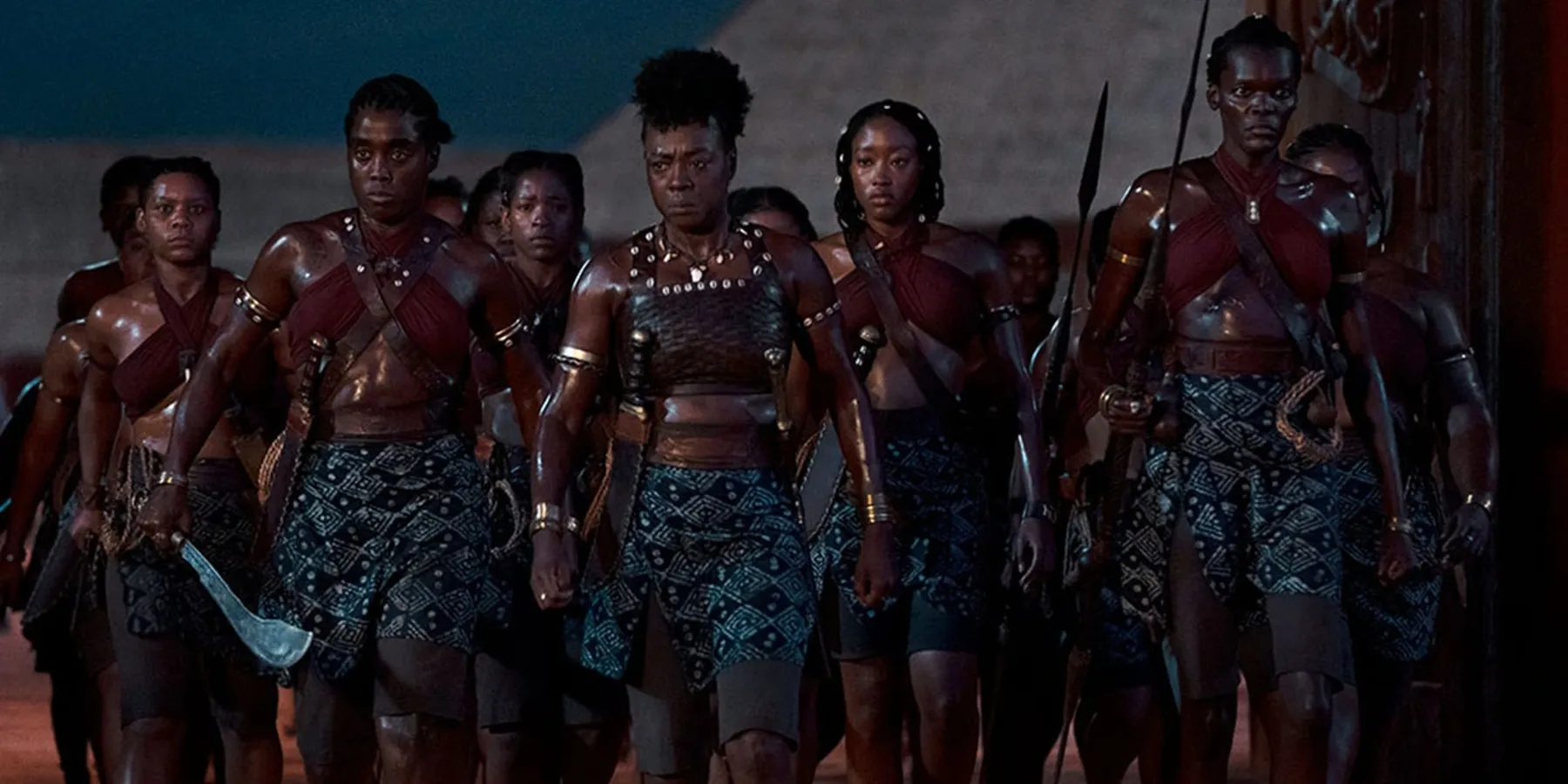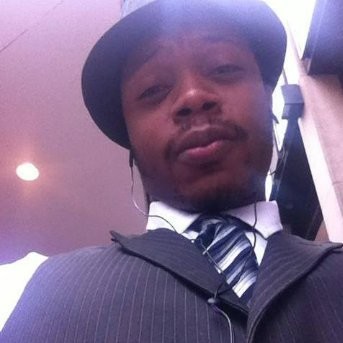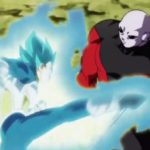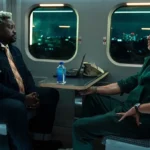Sony Pictures The Woman King is a period piece that stars Viola Davis, John Boyega, Thuso Mbedu, Lashana Lynch, & Sheila Atim. The film centers on the Agojie, the all-female warrior unit that protected the West African kingdom of Dahomey during the 17th to 19th centuries.
Although the story follows the Agojie, it does not follow actual events that were tied to the tribe. We are introduced to General Nanisca (Davis), a strong & honorable leader of the Agojie, who is carrying heavy pain & grief from her past while continuing to fight for Dahomey. Nawi (Mbedu) is introduced as a strong woman who does not want to follow the traditions of her household. Because of this, Nawi is forced by her father to join the Agojie. Later on, Nanisca begins to see herself in Nawi, which begins to cause buried secrets to resurface that will put Nanisca’s loyalty & judgment in a bind.
Throughout the film, the Agojie are quarreling with the Oyo Empire & at the head of this feud is General Oba Ade. General Oba Ade & his men are taking captured Agojie warriors to the European slave traders to be dispersed throughout the Trans-Atlantic Slave Trade.
Sony Pictures promoted The Woman King as “based on powerful true events,” which should be taken with a grain of salt. There are thin layers of truth being spread around this film that are not visible to those unaware of the history of Dahomey & the Oyo Empire. The trailer makes it seem like moviegoers will witness the Agojie’s battle against European slavers, but they will not.
The film barely shows European slavers & instead pits Dahomey & the Oyo Empire against each other & paints the Oyo Empire as critical players in the Trans-Atlantic Slave Trade instead of Dahomey. However, this should not come as a surprise since the film’s writers, Maria Bella & Dana Stevens, who are not of African descent, wrote the script. So, the film centered on Africans fighting Africans instead of showing the Europeans as antagonists in the overall slave trade. Bello & Stevens rely heavily on moviegoers not knowing the history of Dahomey & the Oyo Empire or knowing enough to fill in the blanks, which is why the story here felt disjointed. Not showing how deep Dahomey’s hands were in the pockets of the Trans-Atlantic Slave Trade was a missed opportunity. Bello & Stevens missed out by not including the First Franco-Dahomean War between Dahomey & the French as the center of the plot. Not having this conflict appear in this film is like making a film about Geronimo that will not include the Apache–United States conflict; it is ridiculous.
The side story between Nawi & her love interest Malik, played by Jordan Bolger, was dry & unnecessary. The character is reportedly based on Francisco Félix de Sousa, a Brazilian slave trader with strong ties to Dahomey. Their relationship felt forced & there was no proper buildup to their feelings for each other. Viola Davis, John Boyega, Thuso Mbedu, Lashana Lynch, & Sheila Atim were all solid in their roles, especially Lashana Lynch. I feel that Boyega’s role as Ghezo, the King of Dahomey, was watered down. He did not have a strong presence & throughout the film was shown not to be able to think for himself.
The Woman King was a fumbled attempt to bring the history of Dahomey & the Agojie to the big screen. The story was watered down & is a romanticized retelling of a dark era in Dahomey. The most authentic thing about this film is the setting & the fact that it was shot in Africa. If you are looking for a film that does not shy away from representation & strong black women, you are better off watching 1992’s Sarafina!.






